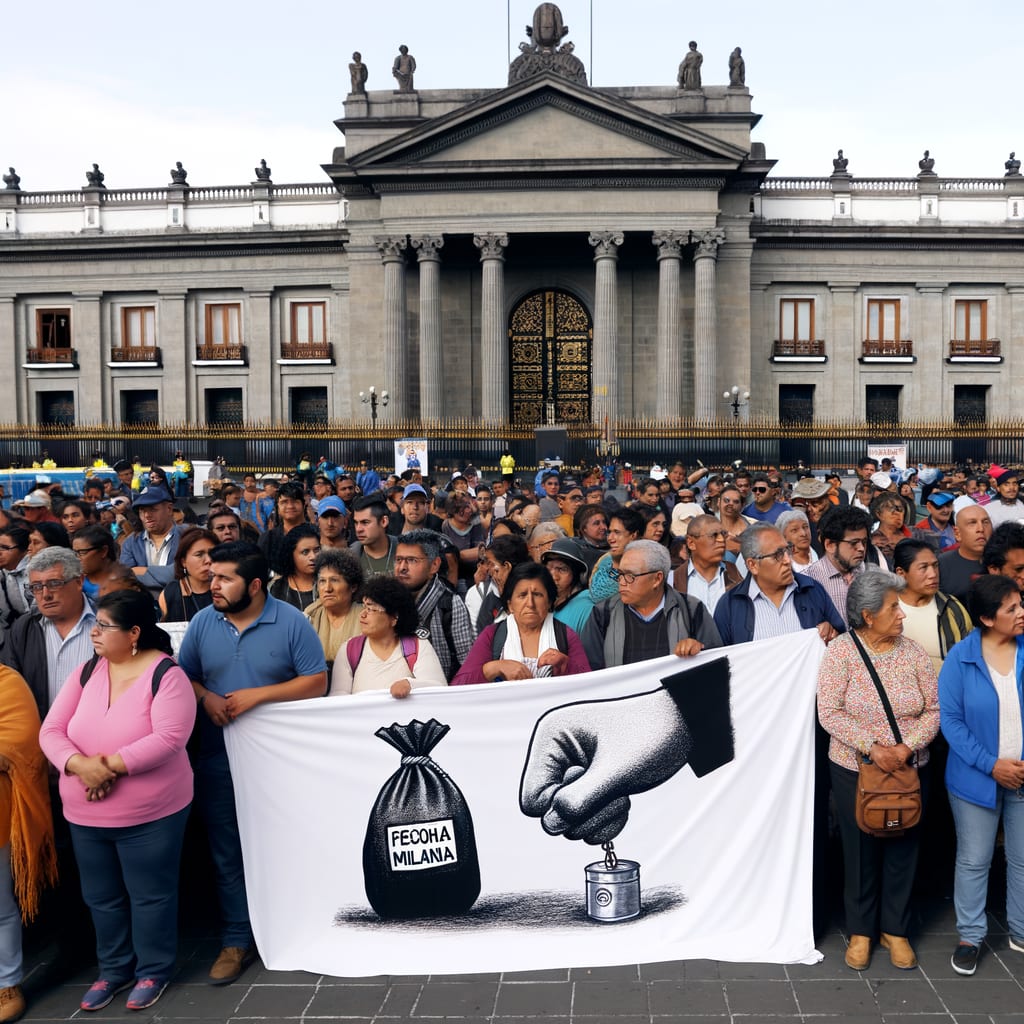Ecuadorians Reject Foreign Military Bases and Constitutional Reform in Referendum
In a major political setback for President Daniel Noboa, the people of Ecuador have decisively voted against the return of foreign military bases in a national referendum held on Sunday, November 16. The referendum, which also included questions on constitutional reform, saw rejection across all four points proposed by the government.
Context and Background
Amidst an unprecedented wave of violence and a perceived drift towards authoritarianism, the Ecuadorian government initiated a plebiscite to potentially allow the presence of foreign military bases and convene a new Constituent Assembly. The referendum was seen as an effort by President Noboa to strengthen ties with the Trump administration by potentially enabling the return of U.S forces. The hope was that their presence might aid in combating the country's escalating crime and drug trafficking issues.
Key Developments
Almost 14 million Ecuadorians were eligible to vote on the four questions put forth in the referendum. These included the reinstallation of foreign military bases, a reduction in parliament members, the end of state funding for political parties, and constitutional reform.
On the day of the referendum, President Noboa announced the capture of the leader of the country's largest drug trafficking gang, known as Los Lobos, in Spain. Despite this development, the referendum results showed that the proposals championed by Noboa were defeated by margins ranging from 53% to 61%.
Referendum Results
With around 95% of the ballots counted, the official tally showed that 60.58% of voters rejected the proposal to allow foreign troops to operate in Ecuador. Similarly, approximately 61% of voters were against lifting the ban on foreign bases, and 62% were against the nomination of an assembly tasked with drafting a new Constitution.
The rejection effectively blocks the U.S military from returning to an airbase at Manta on the Pacific coast, which was once a hub for Washington’s anti-drug operations.
Reactions and Implications
The referendum results represent a clear rebuke of President Noboa's policies and his alignment with the Trump Administration. The defeat at the polls is also a blow to U.S ambitions in the region.
Critics of Noboa's proposals had expressed concerns about the potential erosion of Ecuador's sovereignty and warned of a shift towards authoritarian rule. The results suggest that these concerns resonated with a majority of Ecuadorians.
Conclusion
The referendum and its results underscore the complex political and social challenges facing Ecuador. Despite an escalating crime and drug trafficking problem, the majority of Ecuadorians have chosen to reject foreign military intervention and constitutional reform. The country's leadership will now need to explore alternative strategies to address these issues, as the proposed solutions have been firmly rejected by the populace. The future trajectory of Ecuadorian policy, both domestically and in relation to the U.S, remains uncertain.

